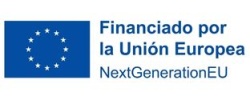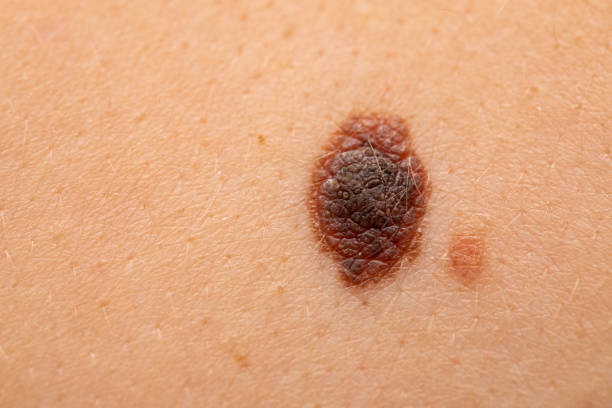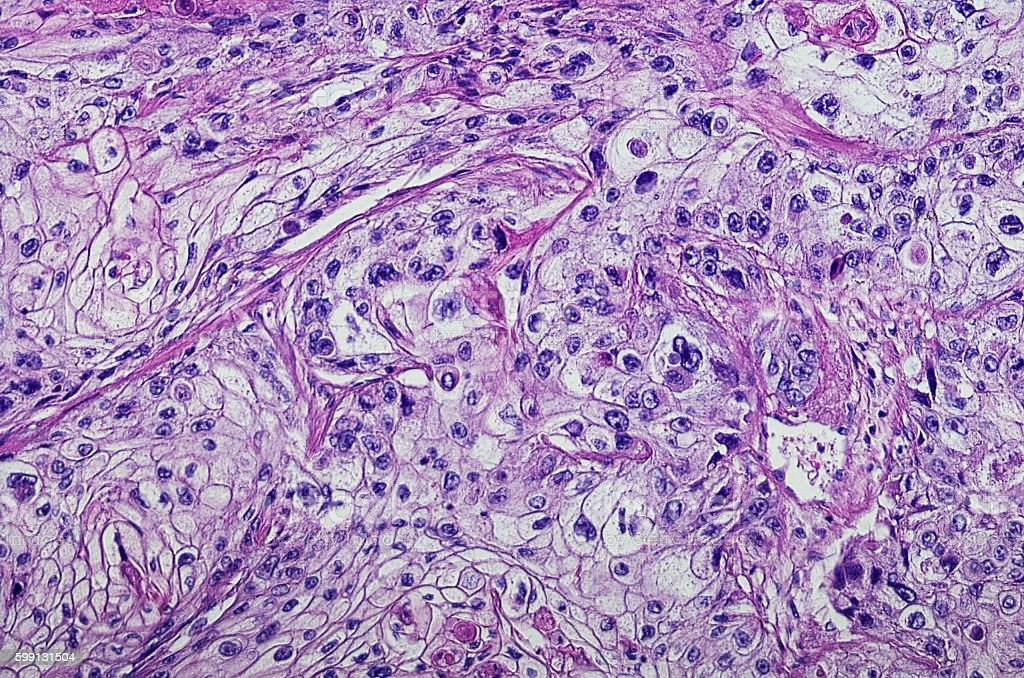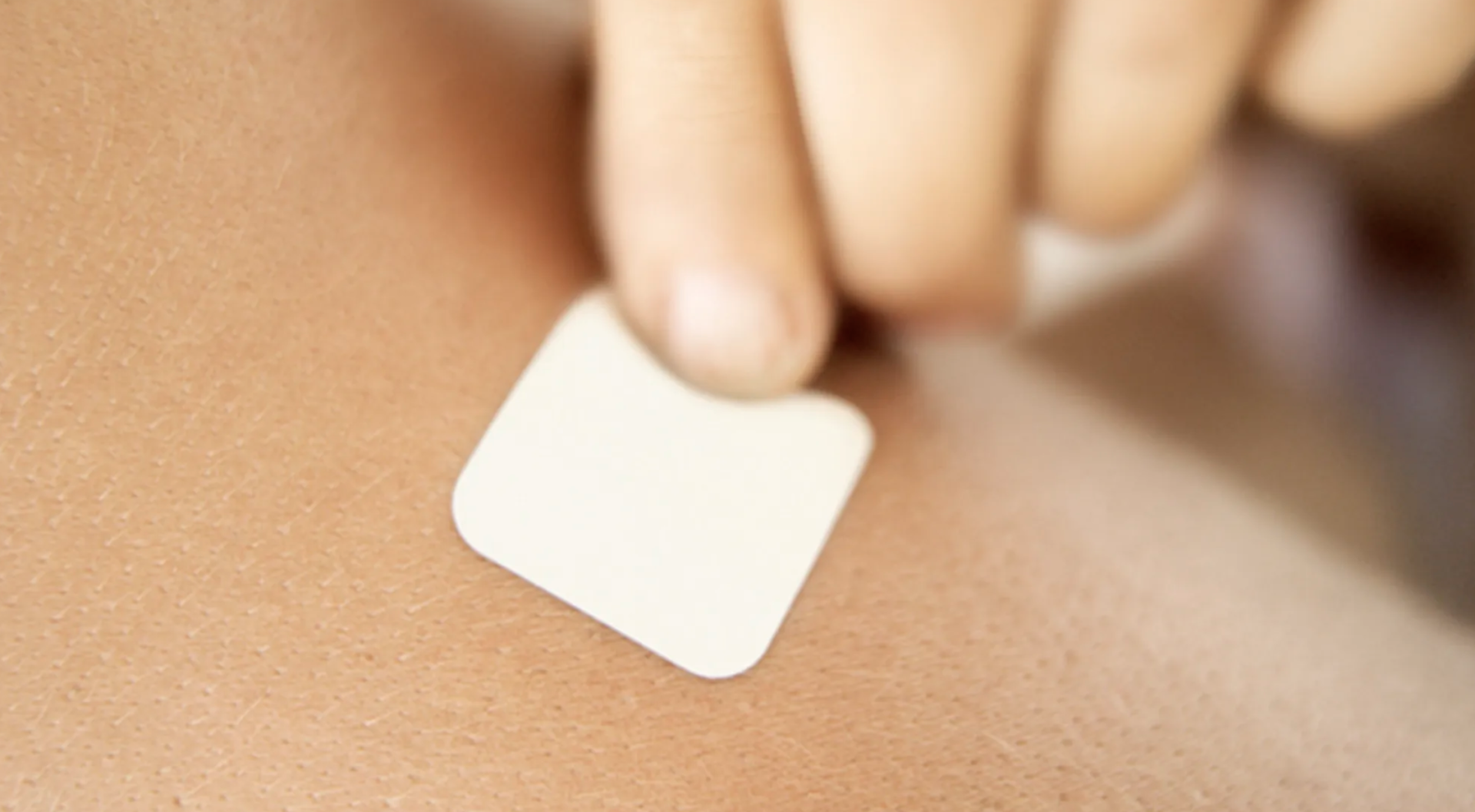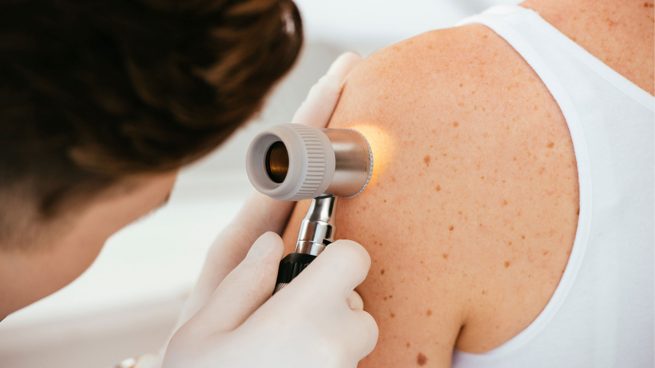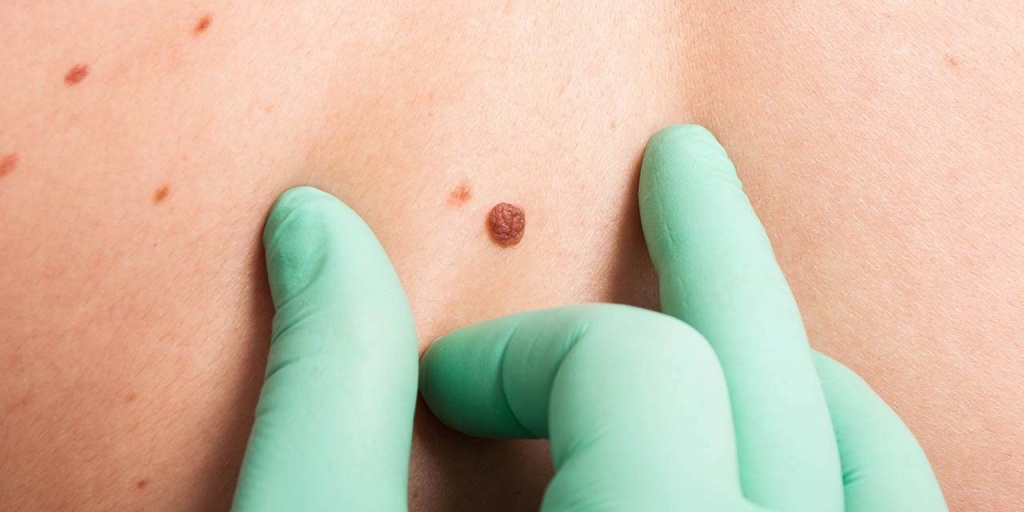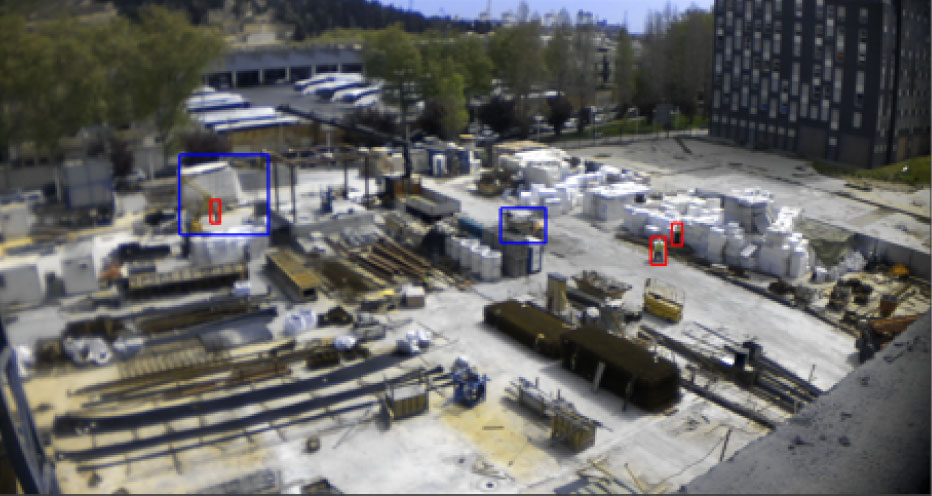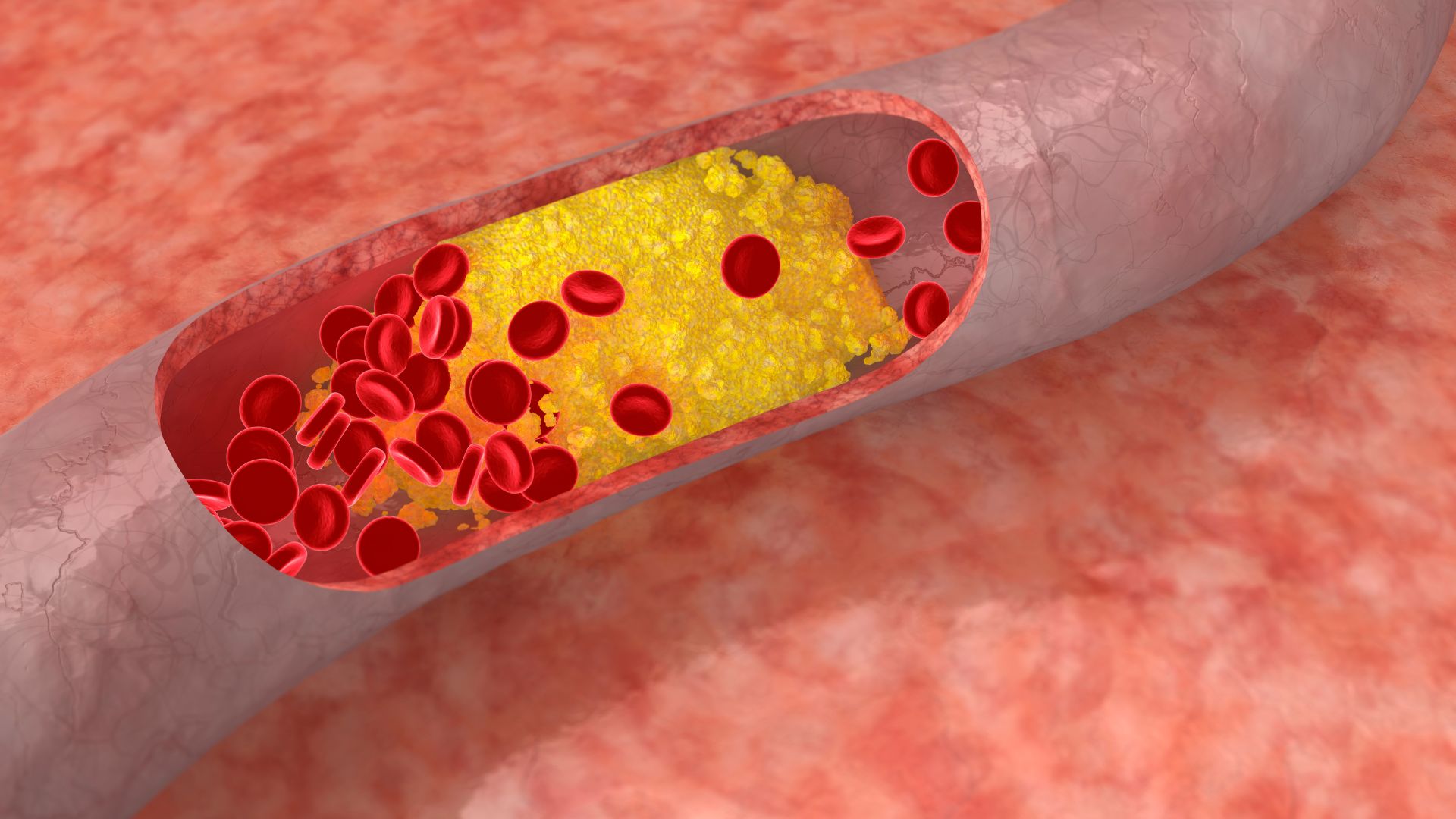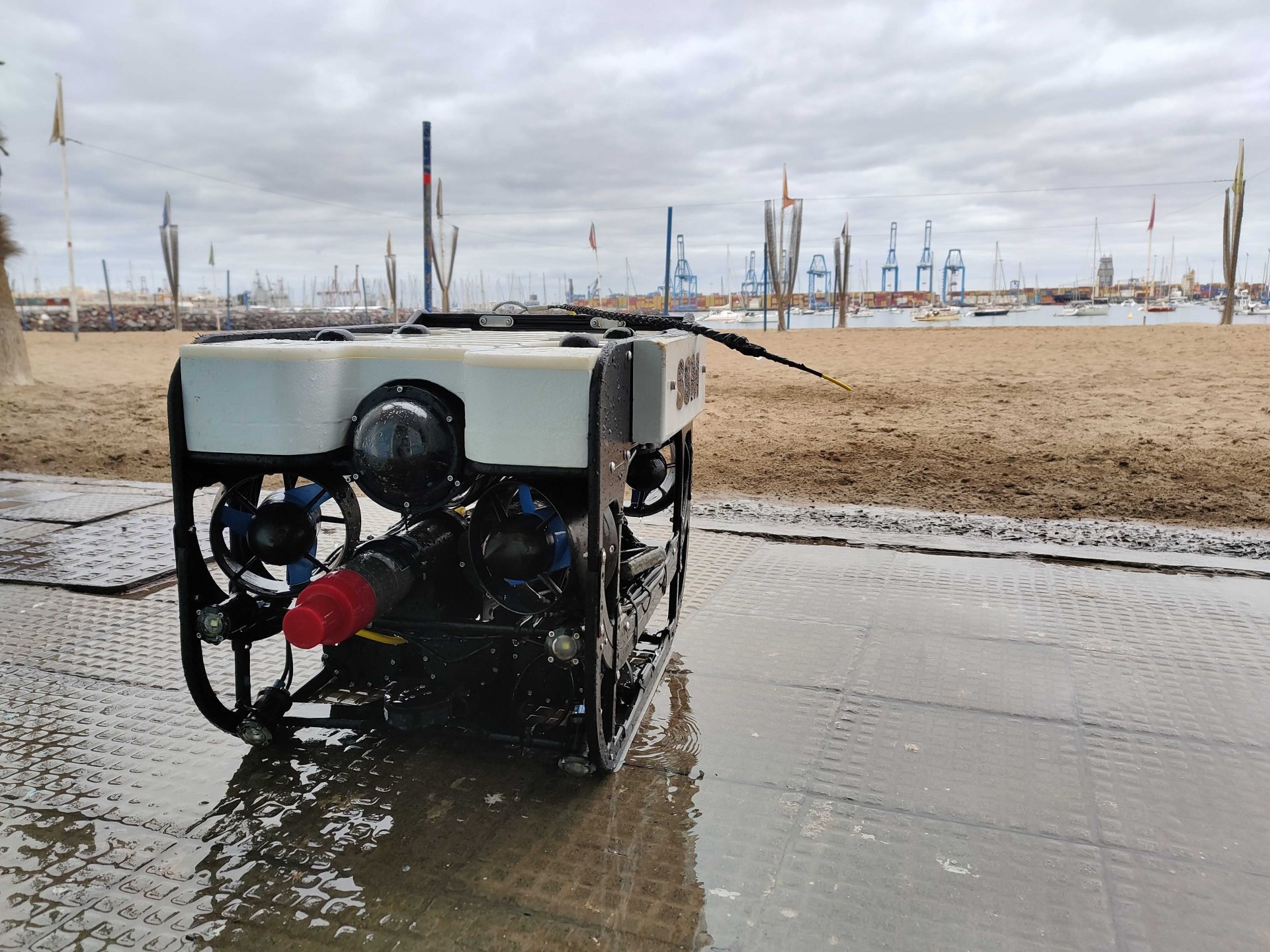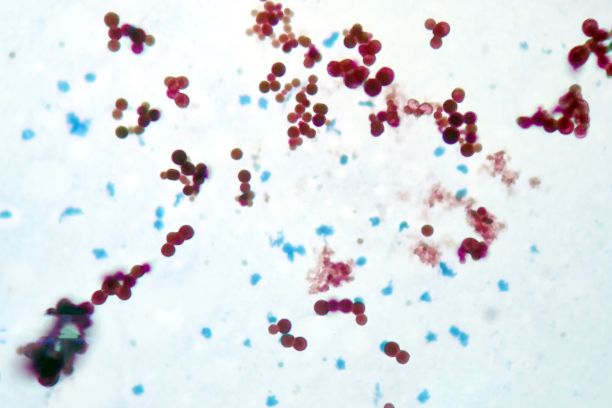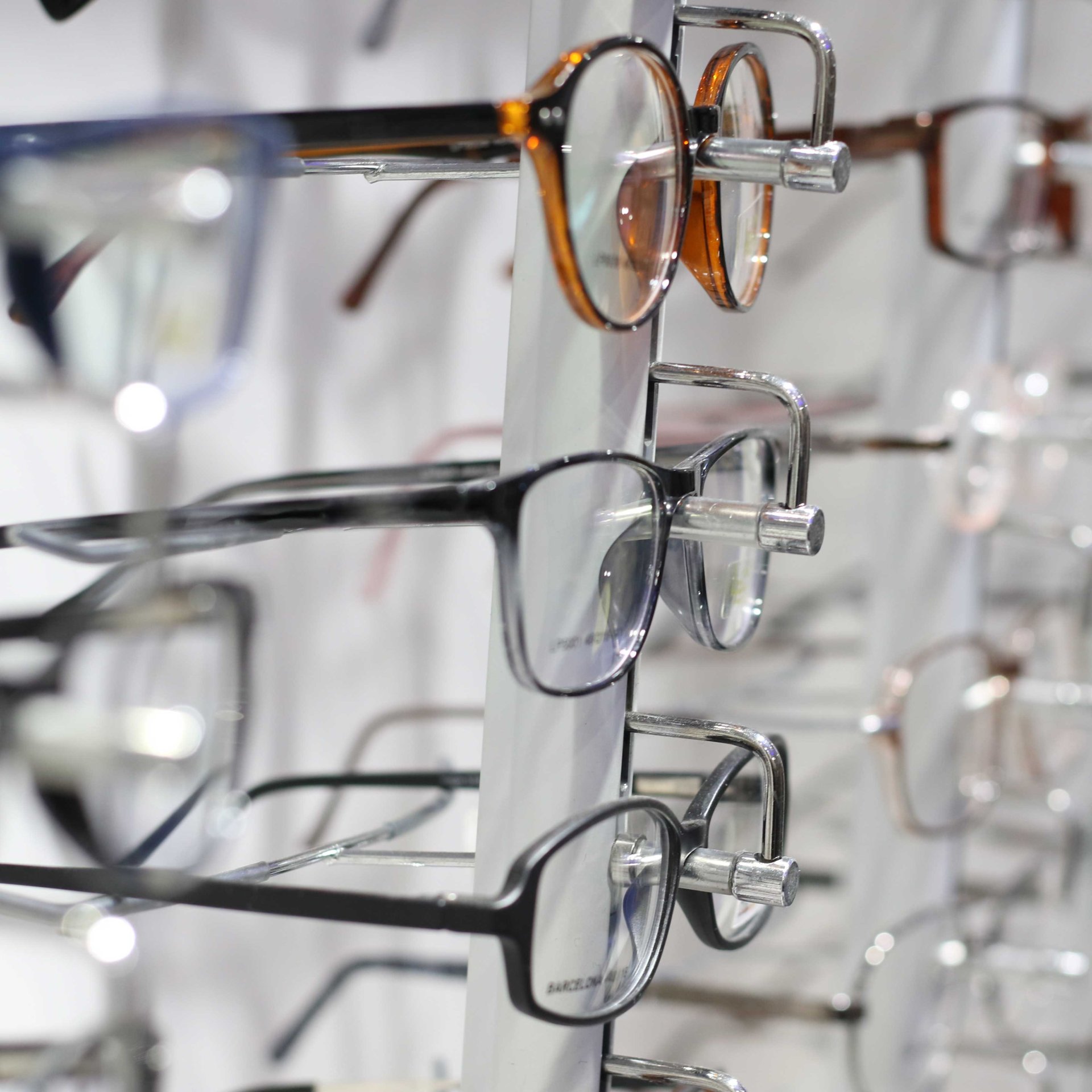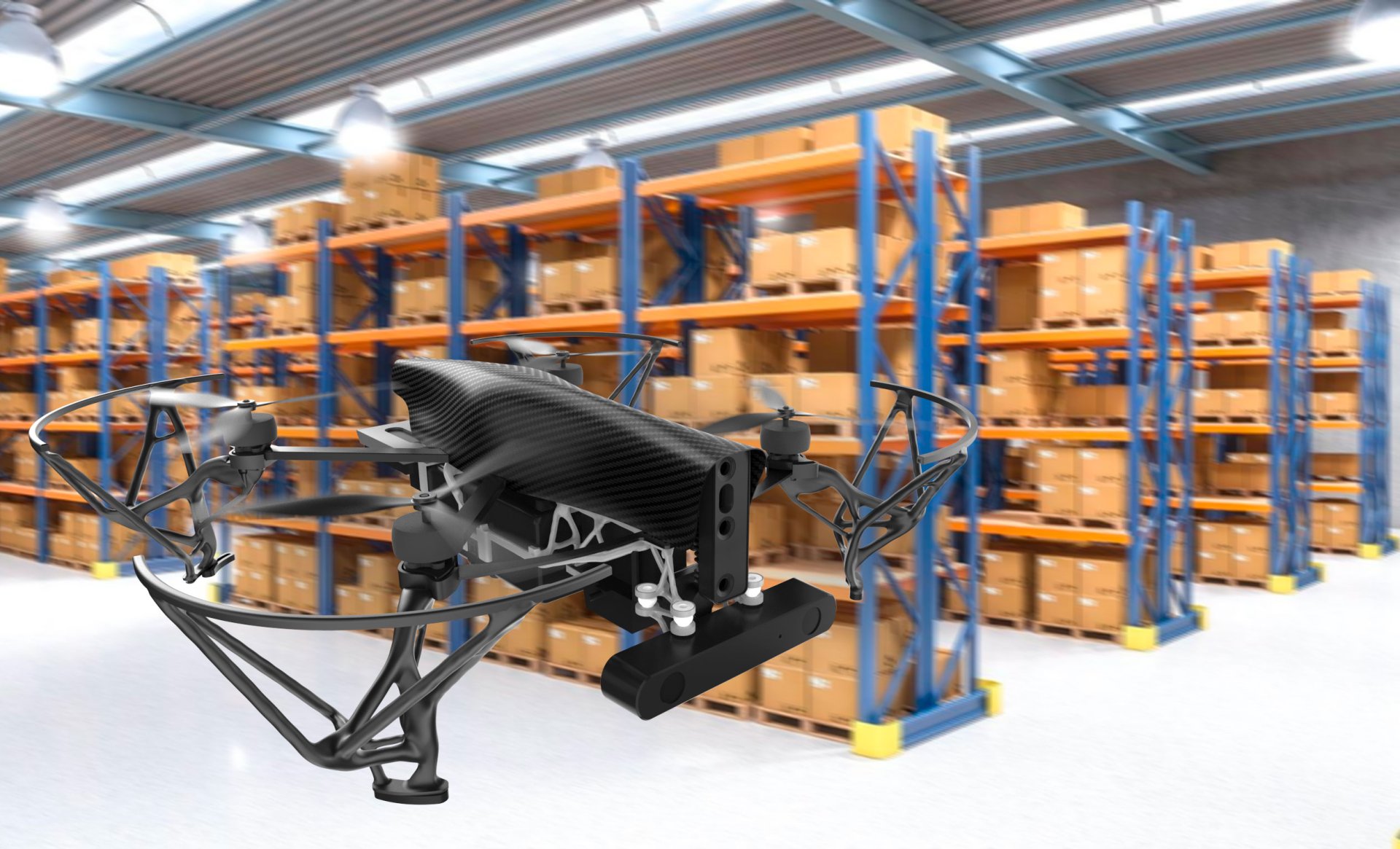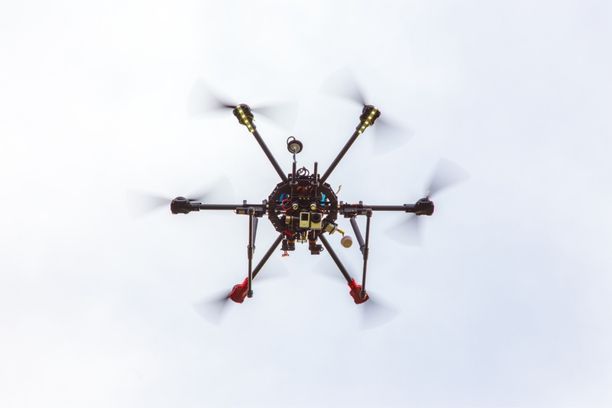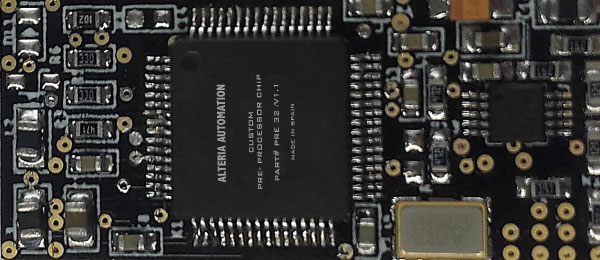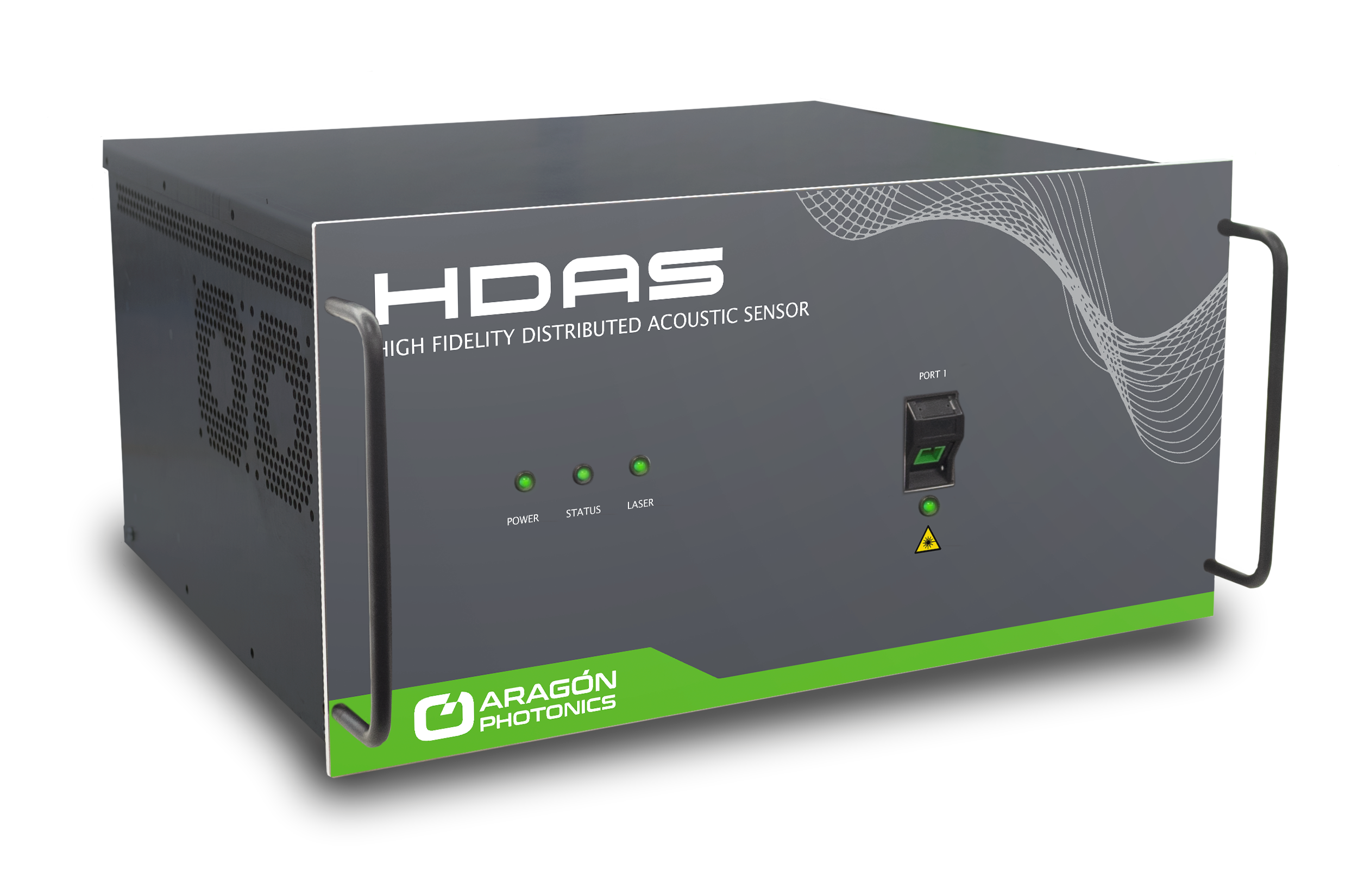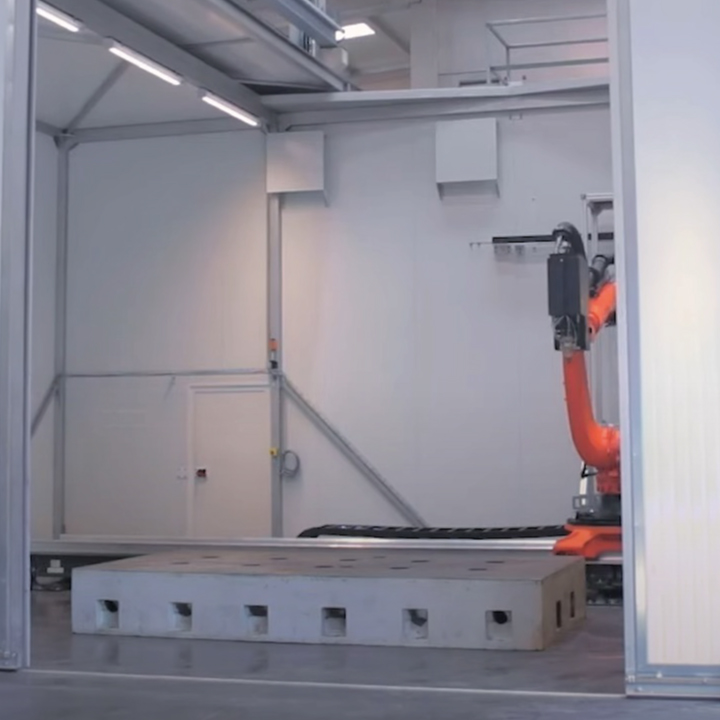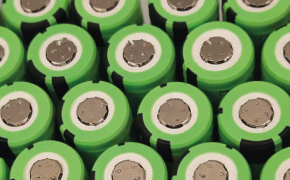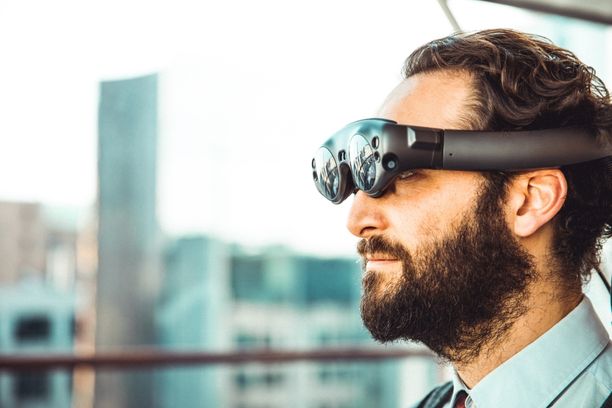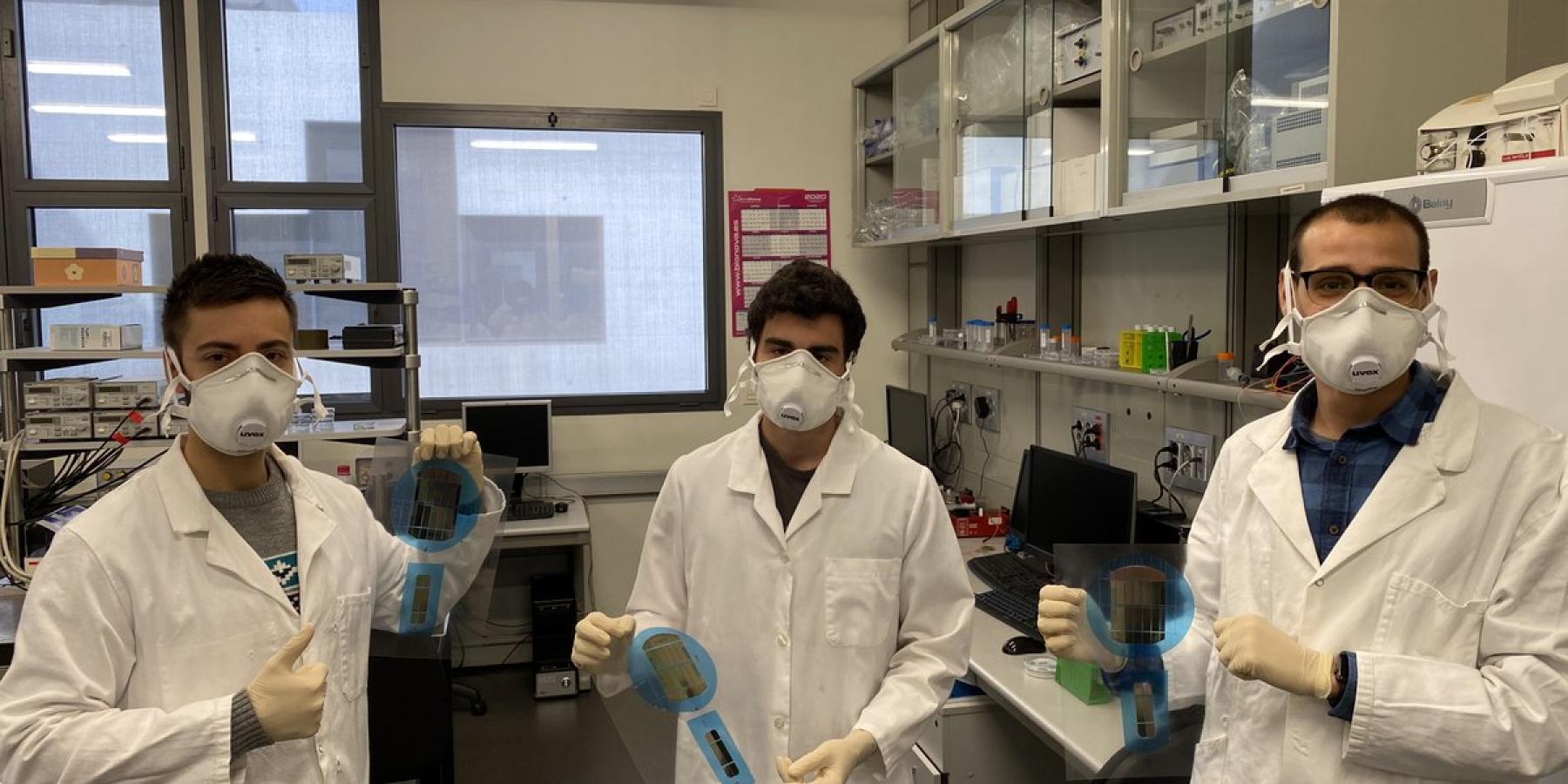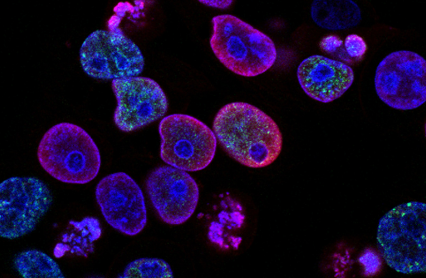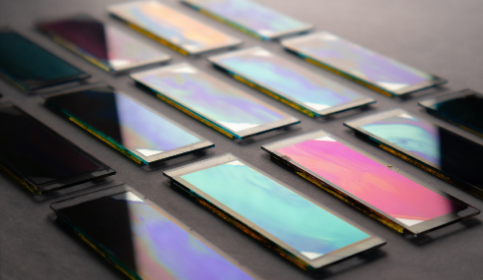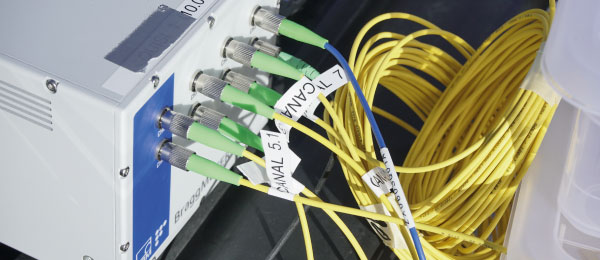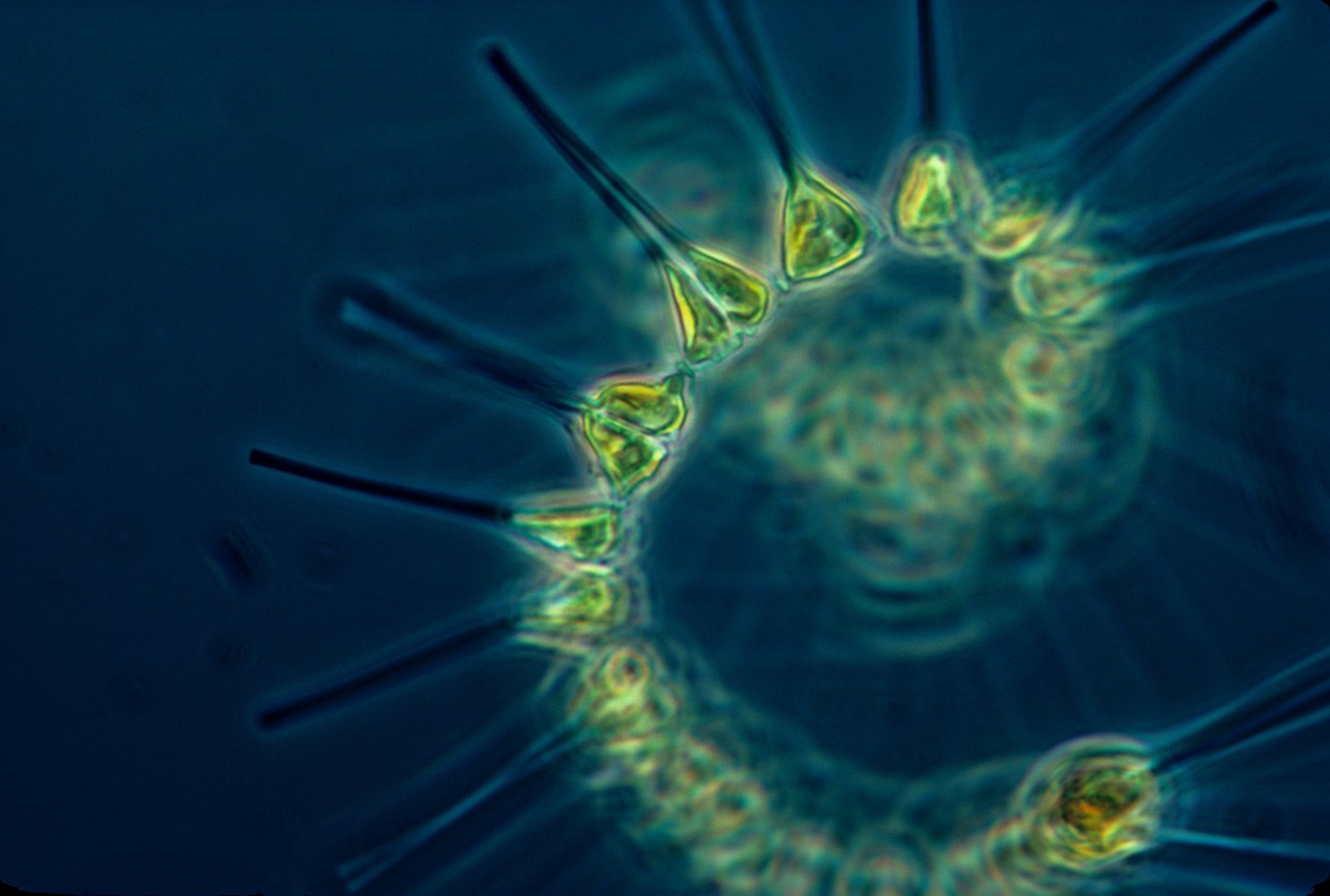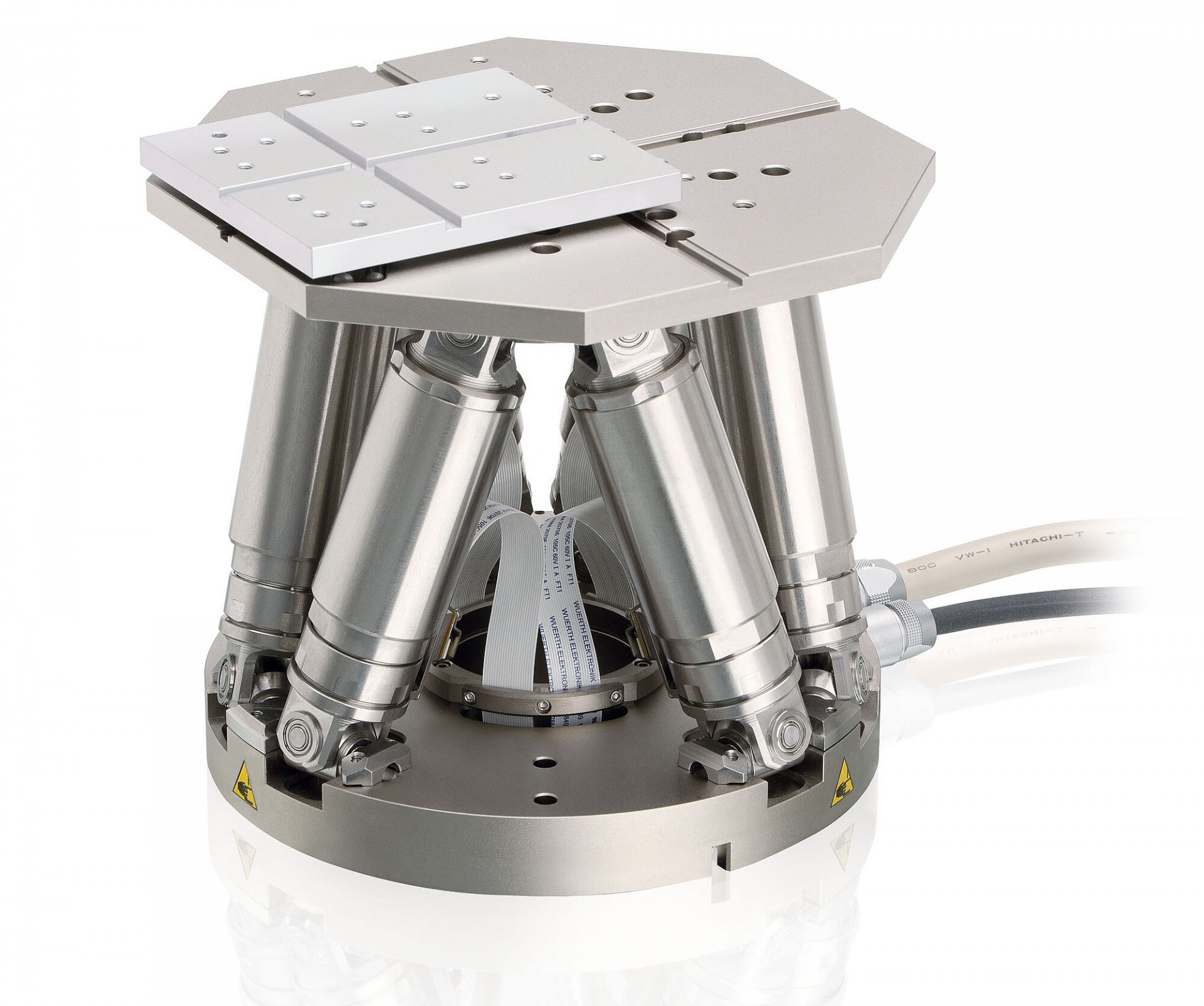SKINSENS
Thermo-optical sensor to diagnose skin cancer in real time and in a non-invasive way
Radiantis, ASE Optics Europe, Procarelight and the Institute of Photomedicine are collaborating on the SKINSENS project to develop a sensor to diagnose skin cancer in real time and in a non-invasive way.
The project proposes the fabrication of a temperature sensor network capable of detecting biological and physico-chemical alterations in the skin caused by cancer. The solution, currently at the prototype stage, can be applied in the form of a patch and must be compatible with the mechanical properties of human skin.
The initiative, coordinated by secpho, has received funding from the Ministry of Industry, Trade and Tourism corresponding to Next Generation EU funds, canalised through the support programme for Innovative Business Groups, whose objective is to digitalise industry.
SKINSENS would allow a “Point of Care” diagnosis for skin cancer that is cheaper and less invasive than a biopsy.
Skin cancer is the most common form of cancer and is increasing worldwide. Historically, its diagnosis has relied on various conventional techniques, mainly biopsies, which are performed invasively. There are other less invasive diagnostic techniques – such as dermoscopy, ultrasound or Raman spectroscopy, among others – but they are not immediate (the sample must be taken to the laboratory), are expensive and require highly specialised personnel and equipment.
In this context, the SKINSENS proposal arises with the intention of alleviating these drawbacks. Its main objective is to design a prototype of a thermo-optical sensor with electrical readout that detects skin alterations present in cancerous tissue. By comparing samples of diseased and non-cancerous tissue, it can be observed that the biological and physico-chemical properties change. The key to the operation of the SKINSENS sensor lies in detecting these variations, in particular in two parameters: the heat capacitance and the optical absorbance. The skin is illuminated with a laser directly through the sensor, which ensures an instantaneous response to temperature changes in the illuminated area. In addition, this method is especially beneficial for darker coloured tissues, or if the patient has tattoos.
Skinsens will have a significant social impact, especially in terms of public health, as it is a new solution that could be used in a simple and practical way as a “point of care” in medical centres and in surgical procedures in hospitals. This will reduce the volume of undiagnosed complications and progression of the condition.






